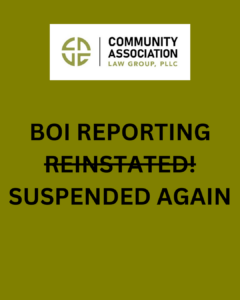
Call us: 206-750-6206
Email: info@calgnw.com
Mailing Address: 17544 Midvale Ave N, Suite 100, Shoreline, WA 98133
DISCLAIMER: This website and the information contained herein is provided for informational purposes only. These materials relate only to the laws in Washington and Oregon and may not reflect current legal developments. CALG attorneys are licensed in Washington and Oregon and CALG does not intend by this website to solicit clients in other jurisdictions. No attorney-client relationship attaches as the result of use of the website or materials, or exchange of any information with CALG. Nothing herein should be construed as legal advice. Information provided to CALG through this website may not be secure. Links within this website to websites operated by third parties are provided for the user’s convenience and do not imply responsibility for, accuracy of, or endorsement of the linked site, the operator, or its contents. This website is provided “AS-IS” without warranty of any kind, express or implied. CALG, PLLC expressly disclaims any and all liability with respect to reliance on any contents of this website. Reproduction, distribution, or retransmission of material contained within this website requires the prior, written permission of CALG, PLLC.